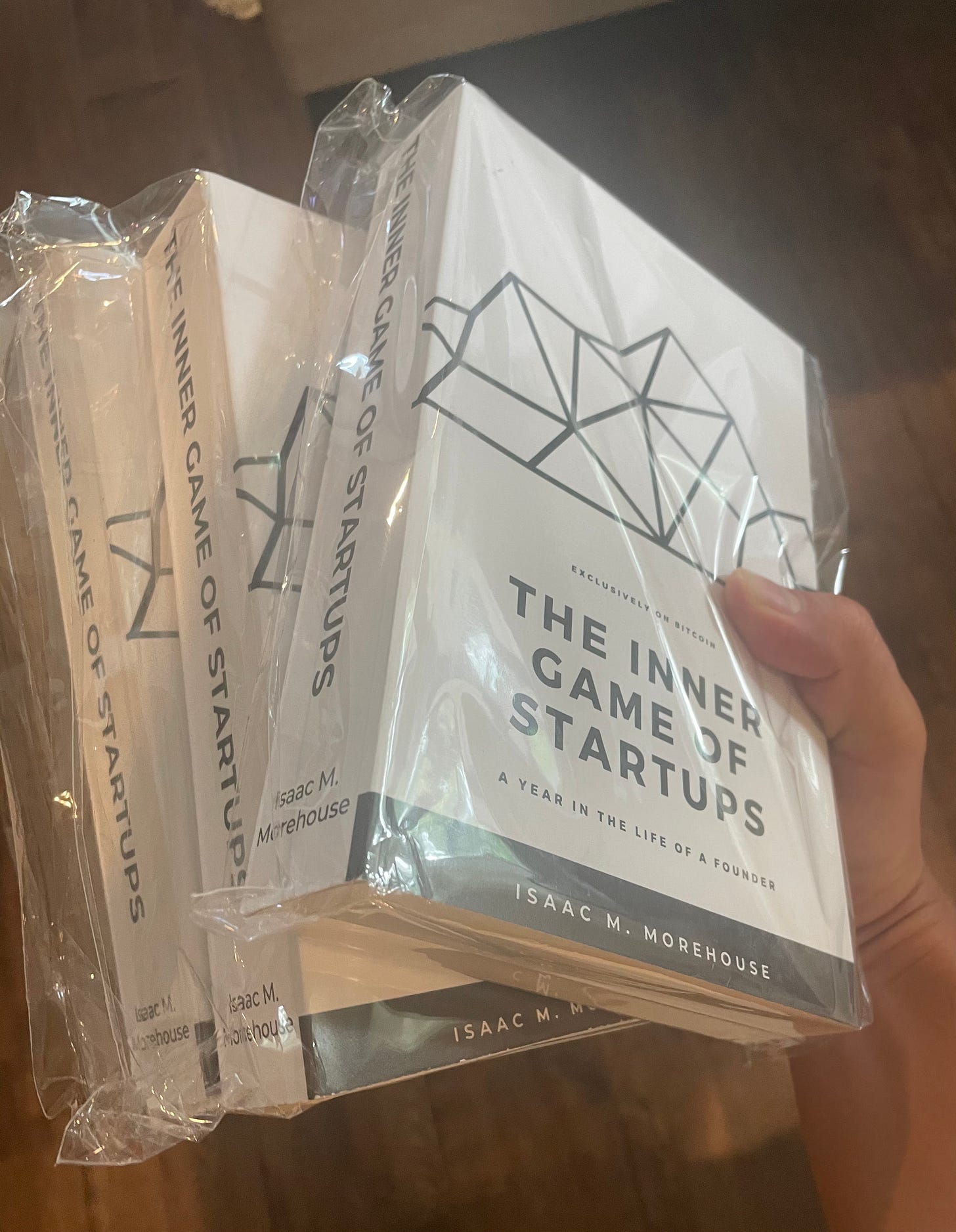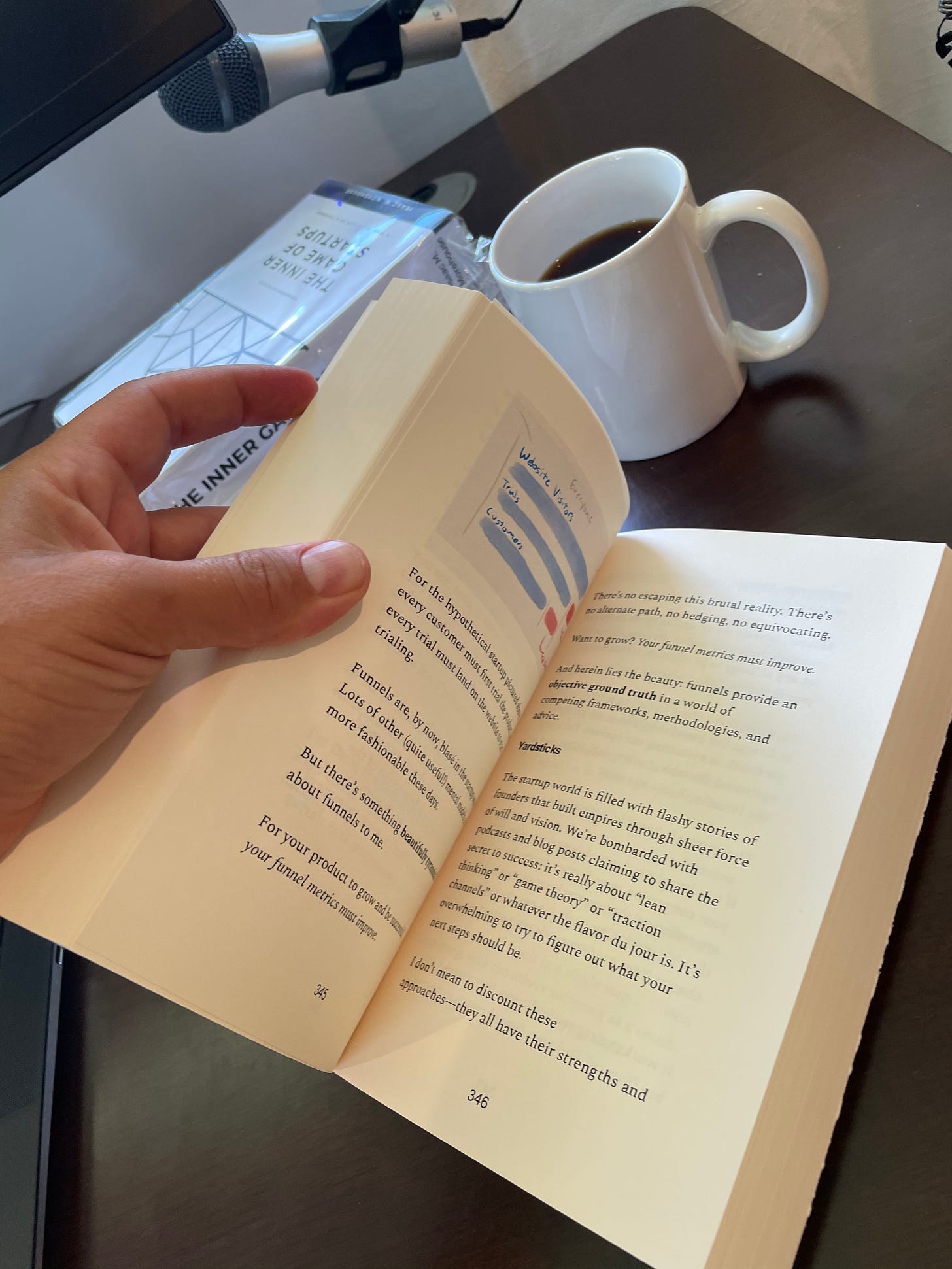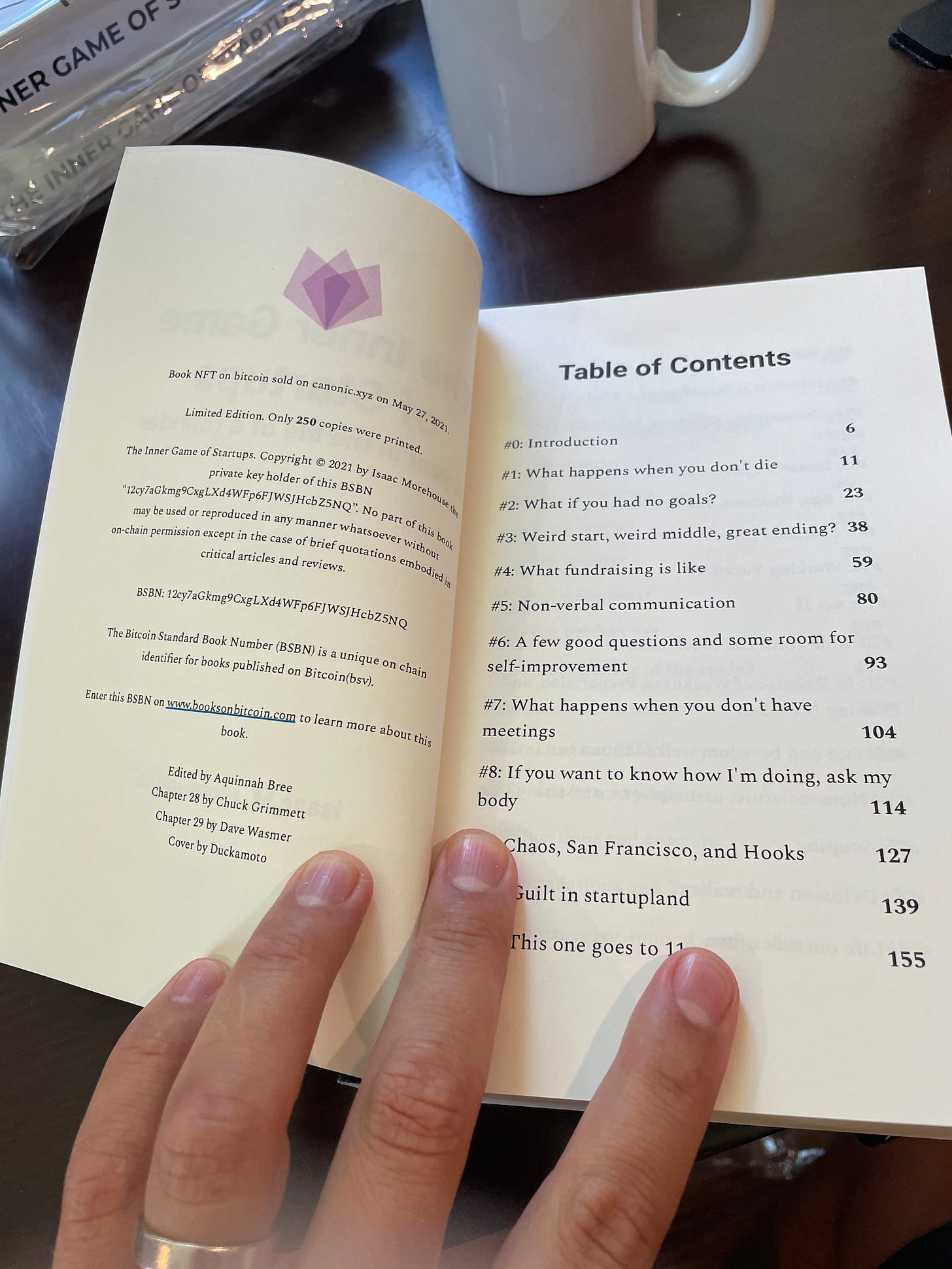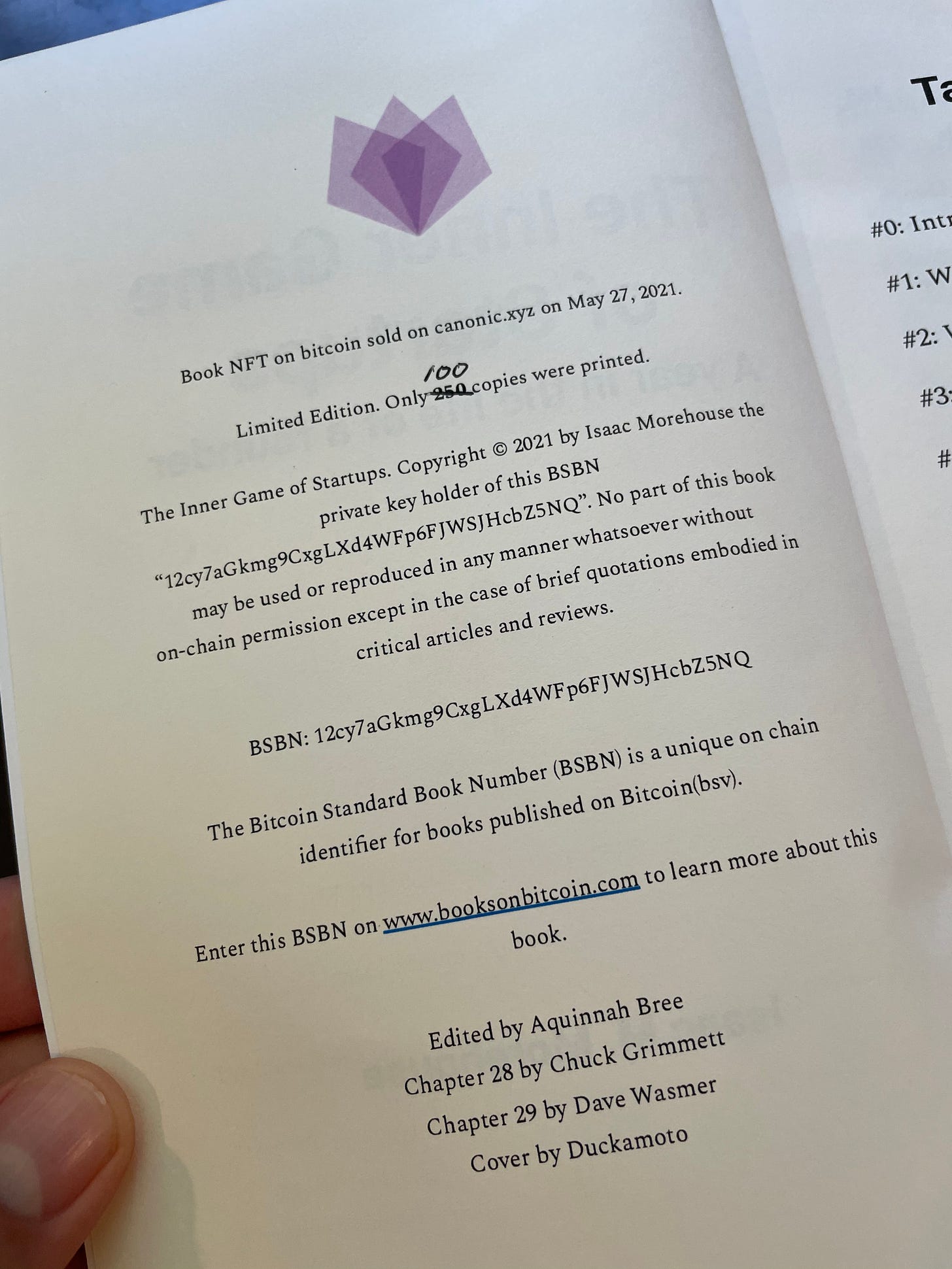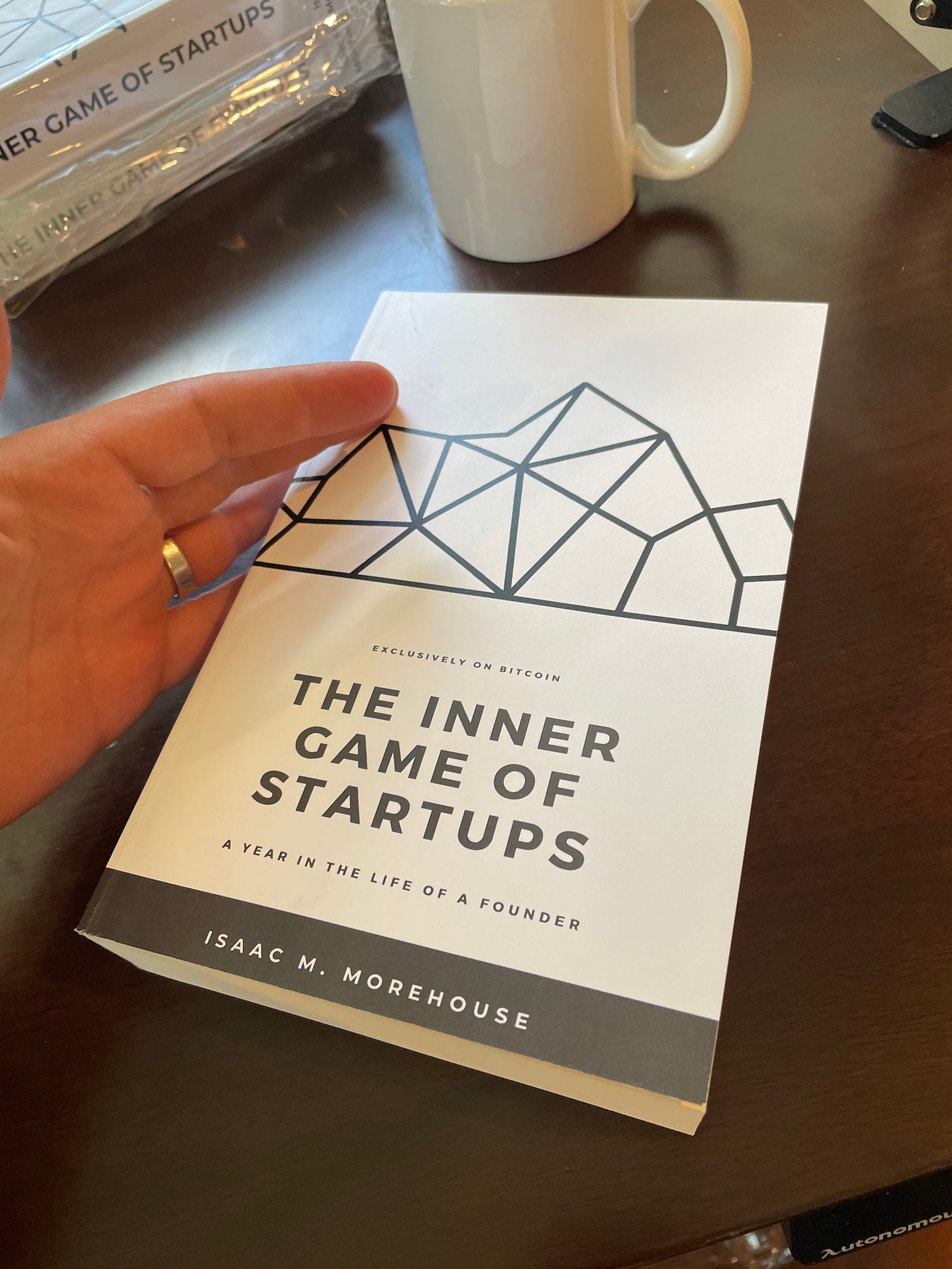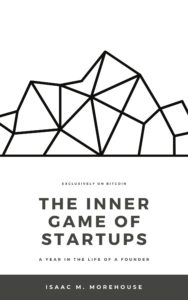The topic of courage keeps coming up everywhere I turn.
I went through a very challenging phase in 2019 where some health issues led me to face the possibility of my own death. Of course we all die, and I had made peace with mortality back in my teens, but the prospect of dying young and leaving a family behind was different. I hadn’t grappled with it.
In the process of doing so, I leaned into a sort of Zen and then Stoic acceptance. I tried to train myself to spiritually release my hold on needing to live, and then practically go about setting up things so that if I should die my family would be best positioned in my absence. The release was the Zen part, and the practical steps were Stoic.
This was useful, and it got me through the early phase. It particularly helped get me through the parts where physical pain and the mystery of what was ailing me were strongest. Not needing an answer or even to survive were a huge release. And it was useful in helping me prioritize things that matter most in terms of time spent with my family. Also it was practically useful in getting some ducks in a row I probably should have any way, like setting up a will.
But it wasn’t enough.
During this time, I kept coming across Gnostic thinkers. There are some really great insights to be found in Gnosticism. The focus on the eternal consciousness or spirit instead of temporary material matters was a valuable and encouraging way to direct my gaze into loftier things. But this wasn’t quite enough either.
I kept thinking about how C.S. Lewis once said that in his journey from atheism to theism then Christianity, he explored all the major religious and philosophical traditions. After searching and testing, he was attracted to Taoism and Christianity the most, but Taoism felt to him to be lacking courage. (I am speaking from memory of something I read many years ago so don’t quote me).
I always sort of got his point on an intuitive level, but couldn’t quite get my fingers around it. I felt the same by Lewis saying that Christianity was like all the great myths – a la Joseph Campbell – except that it also happened to be true. He called it “true myth”, and the combination of those things, as embodied in the form of Jesus as both God and man, was crucial to him. Again, I sort of got it but I couldn’t quite explain it to myself.
Back to the present and how I keep coming across the idea of courage. One reason is probably because I’m re-reading Lewis’ Space Trilogy and it plays a prominent role. But it’s popping up lots of places, and it’s been growing in my mind for quite some time.
I think what the Zen and Stoic and Gnostic approaches were missing for me is the same thing Lewis felt was missing in Taoism and most myths in general. That is, redemption of “the flesh”, or the material.
The true part of true myth; the flesh part of God made flesh. The process of ascension, or what the Orthodox call Theosis, is becoming or realizing your divine nature. It sounds very Gnostic. Except where Gnosticism might reject the flesh and leave the material plane, Theosis is about redeeming the flesh and bringing it with you.
This is very weird. And very bold. And very interesting. It also scratches an itch that I think all humans have. I certainly do.
We don’t want to endure terrestrial life by believing it’s all an illusion. We don’t want to solve the mind-body problem by denying the body exists (or denying the mind exists as materialists might do). We can’t just be perpetually high on DMT, living outside our bodies. Nor can we live well if we despise our bodies as meat-prisons.
I have always lived in my head and my heart. My body has always been a bit of a distraction. Eating sometimes feels like a chore when I just want to work. Health problems are a massive irritation to me. But trying to escape from this by accepting the idea that my body is a mere illusion or a corrupted cask from which I need to ascend feels lacking. It’s demeaning to half the thing that makes a human human. And it seems sort of, well, cowardly.
This is where courage comes in.
I don’t think enlightenment or a full, meaningful life comes from overcoming fear of bodily death and living in some elevated, non-corporeal state. Nor do I think it comes from obsessive efforts to cheat or overcome death and extend material life.
I think it comes from living with courage.
I think this means doing the most uniquely human thing imaginable: fully fusing and integrating the spirit world with the material world – fully god and fully man.
To live with courage is not to deny or ascend beyond fear. Nor is it to live only to avoid danger and difficulty. To live with courage is to walk out into the adventure (even battle if you must) even though you are afraid of it. Fear of pain and death keeps you tethered to the material, temporal part of yourself. Proceeding boldly ahead despite this fear is what keeps you tethered to the spiritual, eternal part of yourself.
It seems to me my task as a human is to live courageously.
Whew. It feels right, but what a thing to face. It’s the tallest of orders. There’s no escapism here, except escape from any beliefs or habits or situations that might tempt me to be less than courageous; to abandon or idolize either the material or the spiritual.
Like this:
Like Loading...
